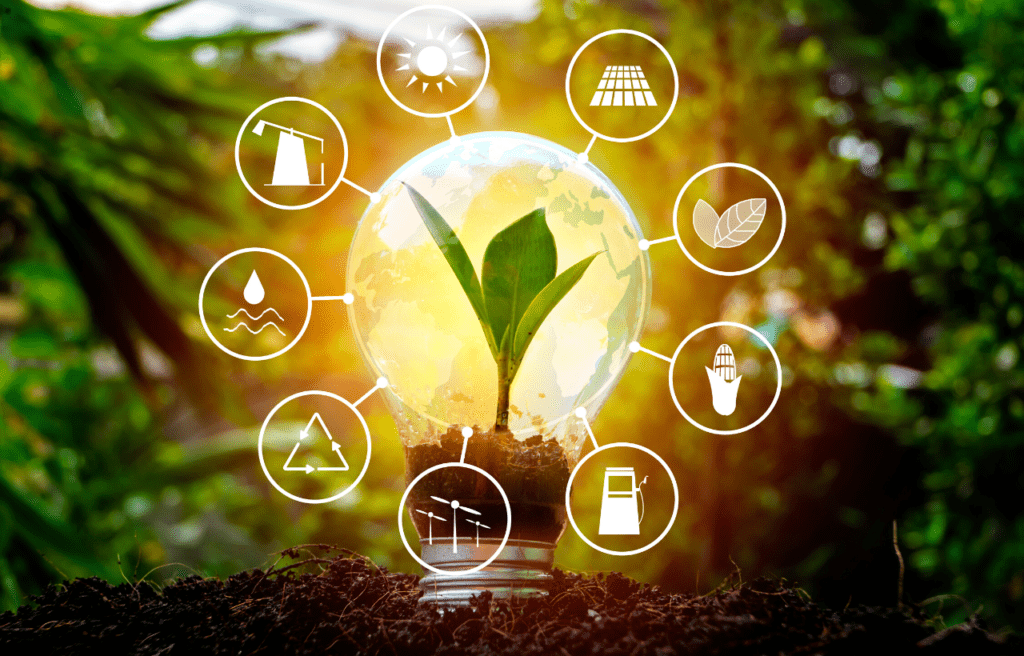As the winter heating season approaches, Japan remains focused on building its decarbonisation strategy. The “Tokyo GX Week” – a series of intensive international energy and environmental conferences – concluded on October 5th. Ten meetings were held, including gatherings of ministers from various countries, and more than 8,000 participants actively exchanged opinions on achieving net-zero emissions. The main focus was the 6th Hydrogen Ministerial Meeting, at which a new goal was set to achieve hydrogen demand of 150 million tonnes by 2030, of which 90 million tonnes will be renewable and low-carbon hydrogen.
This month on our newsletter, we share the latest insights and progress around carbon trading, including the new market that has opened at the Tokyo Stock Exchange. We also look at the launch of the first business association of aggregators, and Japan’s plan to extend utility and gasoline subsidies through April.
Carbon credit trading commences on the Tokyo Stock Exchange

The Tokyo Stock Exchange (TSE) started trading carbon credits on October 11th as part of Japan’s Basic Policy for the Realization of GX. 206 participants (as of October 18th) have registered to trade on this market, and over 10,000 t-CO2 exchanged hands in the first eight days of trading. The GX League of companies began pilot emissions trading in June 2022, with the aim of using the carbon credit market to achieve their voluntarily set emission reduction goals.
The first phase of carbon trading on the TSE will run until FY2025, and following that, more types of credit will be available to trade, including Joint Crediting Mechanisms (JCMs). Currently, only J-Credits are available. These are certified by the government for the amount of greenhouse gas emissions reduced or removed using renewable energy, energy-saving equipment, or managing forests. J-credits have formerly been traded individually between parties, but there were often problems finding a counterparty or generating enough liquidity. The new market aims to further enhance liquidity by introducing market makers later this year.
With carbon credit trading expected to be a necessary and growing need, other exchanges have also emerged. One example is “Carbon EX,” an exchange opened by SBI Holdings and Asunaro in October for trading emission rights and non-fossil certificates, as well as carbon credits. The opening of these exchanges will provide an expanded array of options for companies committed to decarbonization.
Aggregators form their first business association

The Japanese aggregator system was established in June 2020 as specified under the electricity business law of the “Energy Resilience Act” enacted in April 2022. Since then, the number of aggregators engaging in “Energy Resource Aggregation Business (ERAB)” has increased significantly. Their role is the provision of various energy services, including balancing capacity, supply capacity, imbalance management, electricity rate cuts, and curtailment avoidance.
In early October, a group of these companies launched the “Energy Resource Aggregation Business Association (ERA)” with 23 regular members and 51 supporting members from various businesses, including wholesale suppliers, energy companies, manufacturers, system vendors, financial institutions, experts, and others. ERA’s objectives are to share knowledge of the increasingly complex regulations around ERAB among its members, and to represent the views of members to entities such as METI and ANRE, while collaborating with the Transmission & Distribution Grid Council. ERA aims to advocate for the full utilization of aggregator functions in future regulatory design, including grid-scale batteries in long-term decarbonized power source auctions and the position of DERs in spot markets. The establishment of ERA should enable aggregators to further enhance the stability of electricity supply and demand, while contributing to efforts to achieve carbon neutrality.
Utility and gasoline subsidies to be extended through April

Prime Minister Kishida announced at the extraordinary Diet session on October 23 that utility and gasoline subsidies would be extended until April. The subsidies were first introduced for fuel in January 2022, and for electricity and gas bills a year later. The subsidies are included in the draft of a new economic stimulus package, which the Cabinet is expected to approve on November 2nd. The package will also include policies for significant investment in decarbonization within two to three years, as well as plans to expand investment in energy saving and efficiency to prepare for a potential rise in energy prices.
Thank you for reading. If you’ve found this content engaging, we encourage you to consider subscribing to our free newsletter on our website.
